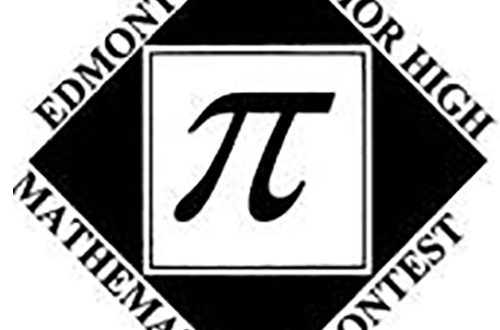Journal of the Mathematics Council of the Alberta Teachers’ Association
Volume 25 Issue 2, March 1986
Direction
The editor remains committed to the three ohjectives for Delta-K stated
in the last issue. Were the articles in the October 1985 issue useful to classroom teachers? Student solutions to the problems posed have not been received. Apparently, this objective may have to be reexamined. The increasing number of Alberta mathematics educators whose articles appear in this issue is evidence that the third objective is realized.
Comments
Dick Holmes, a friend and professional colleague of Marshall Bye, has prepared a tribute to the first recipient of the Mathematics Educator of the Year Award. Marshall was presented with the award at the MCATA Annual Conference held in Red Deer in October 1985.
William Cooke discusses three types of reluctant learners found in mathematics classrooms, and suggests approaches for therapeutic intervention. The results of a survey on the status of implementing problem solving into the curriculum in southern Alberta schools is presented by Ron Cammaert. A. H. Skolrood and M. Jo Maas draw parallels between problem solving in mathematics and the inquiry (problem solving) approach in social studies. D. Sawada probes the thought processes of a young problem solver, Marvin. All mathematics teachers who have a “Marvin” in their classroom would consider themselves fortunate. (Or would they?) Don Kapoor examines reading skills necessary for the successful teaching and learning of mathematics. Theory and practice are interrelated.
The next group of articles present ideas teachers may wish to use. Joe Krywolt describes how he has organized his classroom for instruction in problem solving. M. Jo Maas offers suggestions for incorporating drill and
practice with problem solving. The extensions she provides for a basic problem are interesting and useful. John Van de Walle reviews pertinent literature and offers suggestions that could improve instruction in fractions and decimal numerals. Three solutions to a calculus problem are presented by D. Duncan and B. Litwiller.
The contributors to the Student Problem Corner are L. Esposito and John Percevault. Try the problems with your students, and encourage students to forward their solutions. The next issue of Delta-I< will focus on “Technology in Mathematics Teaching.”
Change in Editorship
Dr. Arthur Jorgensen has accepted a position in Jamaica for 18 months, commencing January 1986, to work on developing an elementary mathematics curriculum. Art will be missed as co-editor of your journal. Good luck, Art!
John Percevault
1
2
John Percevault
3 – 4
Dick Holmes
5 – 9
Mathematics and the Reluctant Learner
William A. Cooke
10 – 14
Implementation and Evaluation of Problem Solving in Elementary Mathematics
Ron Cammaert
15 – 17
Problem Solving: Mathematics and Social Studies
A. Harold Skolrood and M. Jo Maas
18 – 21
Enlightened Problem Solving: A Parable
Dr. Daiyo Sawada
22 – 27
Content Reading Skills in Mathematics
Don Kapoor
28 – 30
A Grade 5 Classroom: Organizing for Problem Solving
J. M. Krywolt
31 – 35
Drill, Review, and Practice in a Problem Solving Setting
M. Jo Maas
36 – 47
Fraction and Decimal Numeration Suggestions for Curriculum Revision
John Van de Walle
48 – 49
Reconciling Differing Anti-Derivatives
David R . Duncan and Bonnie H. Litwiller
50 – 52
John B. Percevault & Luigi Esposito
53



